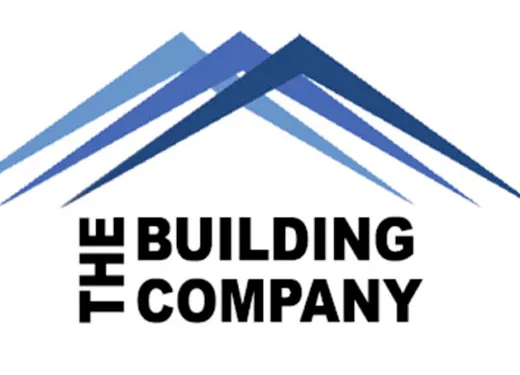In the contemporary employment landscape, the acquisition of practical skills is increasingly recognized as essential, supplementing theoretical knowledge. Learnerships—formalized training initiatives that integrate structured instruction with experiential workplace involvement—have emerged as an effective mechanism for skill development. For individuals aspiring to establish careers within the sectors of sanitation, facilities management, or health services, Hygiene and Cleaning Learnerships in 2026 represent a particularly valuable entry point.
Defining the Hygiene and Cleaning Learnership
A Hygiene and Cleaning Learnership is a vocational training program meticulously designed to impart sector-specific competencies relevant to sanitation, cleaning, and foundational hygiene procedures. These programs are frequently accredited by South Africa’s Sector Education and Training Authorities (SETAs), with the SERVICES SETA being a prominent accreditor.
The completion of such a learnership typically results in the attainment of a National Certificate in Hygiene and Cleaning (NQF Level 1). The curriculum encompasses both theoretical foundations and practical application, covering:
– The utilization and maintenance of cleaning equipment and chemical agents
– Occupational health and safety standards
– Principles of infection prevention and control
– Effective teamwork and workplace communication
Graduates of these programs are prepared for employment across diverse domains, including healthcare, hospitality, retail, education, and public administration.
Rationale for Pursuing a Hygiene and Cleaning Learnership
1. Enhanced Employment Prospects
The demand for skilled cleaning and hygiene professionals remains robust across multiple industries. The heightened emphasis on sanitation following global public health events, such as the COVID-19 pandemic, has further underscored this need.
2. Remuneration During Training
Participants in learnership programs are typically compensated with a monthly stipend. This enables learners to earn while simultaneously acquiring recognized credentials and practical experience.
3. Accessibility for Inexperienced Applicants
These programs are intentionally designed to be inclusive, often not requiring prior work experience or a matriculation certificate. Possession of Grade 9 or 10 qualifications generally suffices.
4. Diverse Career Trajectories
Upon completion, learners may progress into supervisory or management roles within the hygiene sector, or pursue specialization in fields such as hospital sanitation or industrial cleaning.
Eligibility Criteria
Ideal candidates include:
– Unemployed youth (typically aged 18–35)
– Individuals lacking formal qualifications
– Persons interested in healthcare, hospitality, or cleaning services
– Those seeking upskilling opportunities for improved employability
Common prerequisites consist of South African citizenship, appropriate age, completion of Grade 9 (with some programs accepting Grades 10–12), and a demonstrated willingness to engage in practical workplace learning.
Application Process for 2026 Hygiene and Cleaning Learnerships
1. Initiate the Search in Advance
Applications for 2026 learnerships generally open in the latter half of 2025. Prospective applicants should monitor job portals, SETA websites, and employer career pages, including:
– Careers Portal (www.careersportal.co.za)
– SAYouth.mobi
– Indeed South Africa
– Company websites (e.g., Bidvest, Servest, Tsebo)
2. Assemble Required Documentation
Applicants typically need to provide:
– A certified copy of their South African ID
– An updated curriculum vitae (CV)
– Certified copies of academic qualifications
– Proof of residence
It is imperative that all documents are legible, current, and officially certified.
3. Compose a Motivation Letter
The motivation letter should succinctly articulate the applicant’s interest in hygiene and cleaning, as well as relevant personal attributes and aspirations.
4. Submit the Application
Depending on the organization, submission may occur online, via email, or in person. Adherence to stated application instructions is paramount.
5. Prepare for Assessment or Interview
Shortlisted candidates may be required to complete basic literacy and numeracy evaluations, or participate in interviews and orientation sessions. Professional demeanor and enthusiasm are advisable.
Key Employers Offering Learnerships
Notable organizations regularly providing these opportunities include:
– Servest Group
– Bidvest Prestige
– Tsebo Solutions Group
– Compass Group SA
– Government departments such as the Department of Health
– Local municipalities
Final Recommendations
– Apply to multiple programs to optimize selection prospects
– Monitor communication channels for updates
– Maintain updated application materials
HOW TO APPLY
Conclusion
Hygiene and Cleaning Learnerships in 2026 can serve as a critical stepping stone toward stable and meaningful career pathways. In light of increased societal emphasis on sanitation and public health, these programs offer valuable skills, practical experience, and improved employability for a diverse range of applicants. Early preparation and proactive application are recommended for those seeking entry into this essential sector.



